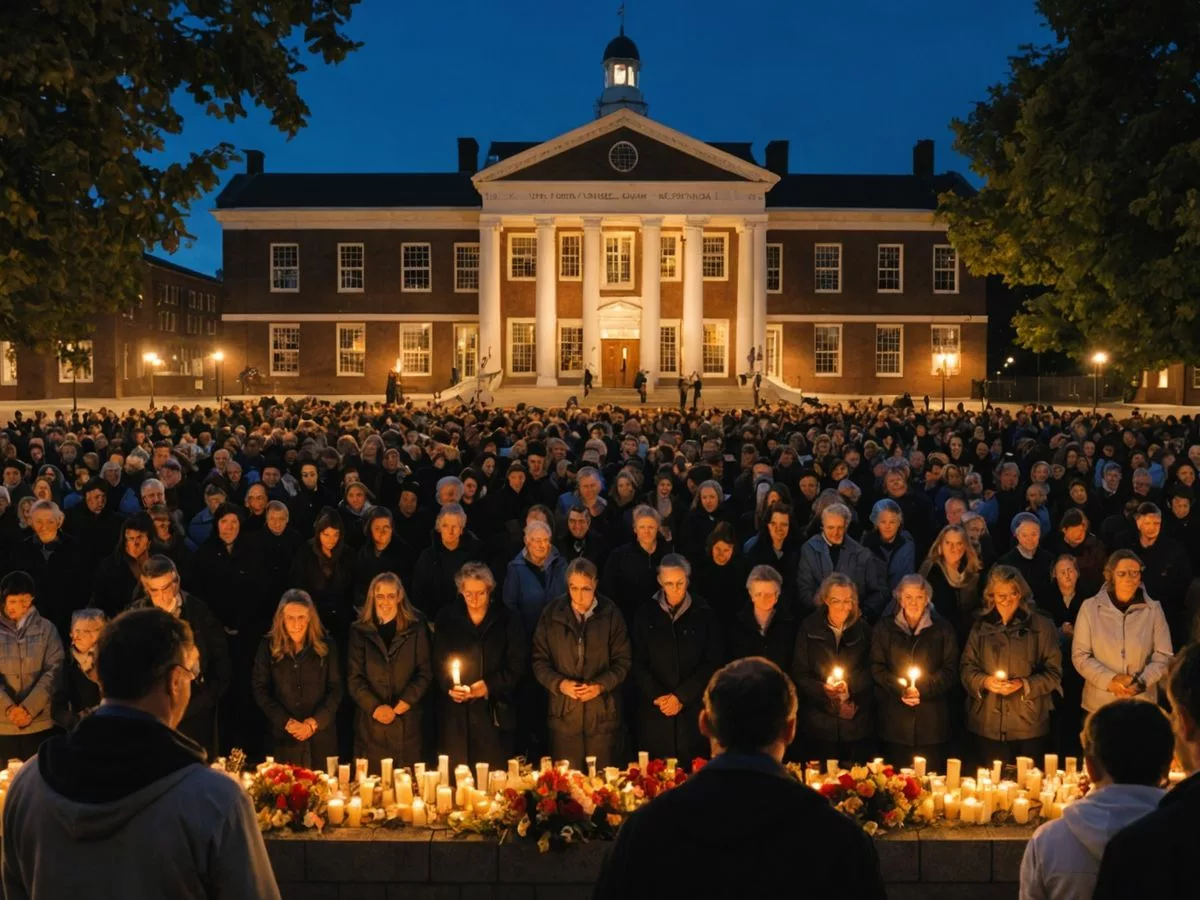
Russia on Sunday marked the 20th anniversary of the Beslan school massacre, a tragic event that claimed the lives of over 330 people, including 186 children, in a hostage siege that remains the deadliest attack in modern Russian history.
Key Takeaways
- The Beslan school massacre occurred on September 1, 2004, involving over 1,100 hostages.
- The siege ended in a bloodbath, resulting in 334 deaths and more than 750 injuries.
- Russian President Vladimir Putin visited the site for the first time since the massacre.
- The European Court of Human Rights criticized Russia’s handling of the siege.
The Tragic Event
On September 1, 2004, militants, including Chechens, stormed School Number One in Beslan, North Ossetia, taking more than 1,100 people—students, teachers, and parents—hostage. The siege lasted for approximately 50 hours and ended in a chaotic assault by Russian special forces, resulting in 334 deaths, including 186 children, and over 750 injuries.
Commemoration Ceremony
During the 20th anniversary commemoration, former students who survived the massacre gathered in the schoolyard, carrying portraits of the victims. Children, survivors, and officials laid flowers and candles at the school’s charred former gymnasium, which has been turned into a memorial.
The group "Mothers of Beslan," consisting of parents who lost their children in the attack, held a press conference calling for an objective investigation into the incident and the Russian authorities’ response.
Putin’s Visit and Statements
Russian President Vladimir Putin, who was in power during the attack, visited the school last month for the first time since the massacre. He compared the Beslan tragedy to the ongoing Ukrainian military offensive in Russia’s Kursk region, stating, "Just as we fought the terrorists, today we have to fight those who are carrying out crimes in the Kursk region."
Putin also visited the cemetery where most of the victims are buried, stating, "This tragedy will undoubtedly remain an incurable wound in the historical memory of all of Russia."
Criticism and Legal Rulings
The European Court of Human Rights ruled in 2017 that Russia’s handling of the siege had "serious failings" in terms of preventing the attack and its use of excessive lethal force. The court called on Moscow to take measures to establish the truth.
Recent Attacks and Comparisons
Earlier this year, on March 22, Russia experienced its bloodiest attack since Beslan when 145 people were killed, and hundreds were wounded in a Moscow concert hall. A Central Asian branch of the Islamic State (IS) jihadist group claimed responsibility for the attack. Russian authorities accused Ukraine of involvement, an allegation Kyiv rejected as absurd.
Putin and top Russian officials have often justified their military actions by claiming they are protecting ethnic Russians and Russian speakers in eastern Ukraine from a "neo-Nazi" regime in Kyiv. However, Ukraine and the West have dismissed these allegations as baseless, viewing Russia’s actions as imperial-style aggression.



